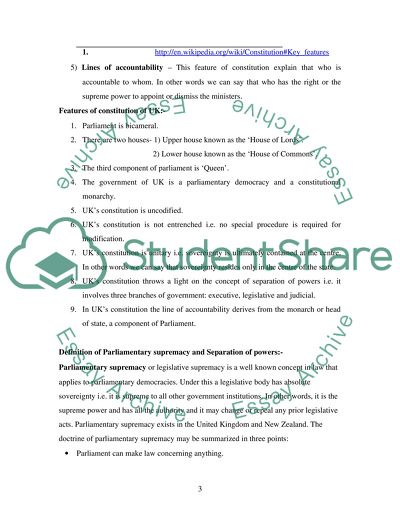Cite this document
(“Legislative Supremacy of Parliament and the Separation of Powers Essay”, n.d.)
Legislative Supremacy of Parliament and the Separation of Powers Essay. Retrieved from https://studentshare.org/miscellaneous/1521024-legislative-supremacy-of-parliament-and-the-separation-of-powers
Legislative Supremacy of Parliament and the Separation of Powers Essay. Retrieved from https://studentshare.org/miscellaneous/1521024-legislative-supremacy-of-parliament-and-the-separation-of-powers
(Legislative Supremacy of Parliament and the Separation of Powers Essay)
Legislative Supremacy of Parliament and the Separation of Powers Essay. https://studentshare.org/miscellaneous/1521024-legislative-supremacy-of-parliament-and-the-separation-of-powers.
Legislative Supremacy of Parliament and the Separation of Powers Essay. https://studentshare.org/miscellaneous/1521024-legislative-supremacy-of-parliament-and-the-separation-of-powers.
“Legislative Supremacy of Parliament and the Separation of Powers Essay”, n.d. https://studentshare.org/miscellaneous/1521024-legislative-supremacy-of-parliament-and-the-separation-of-powers.


